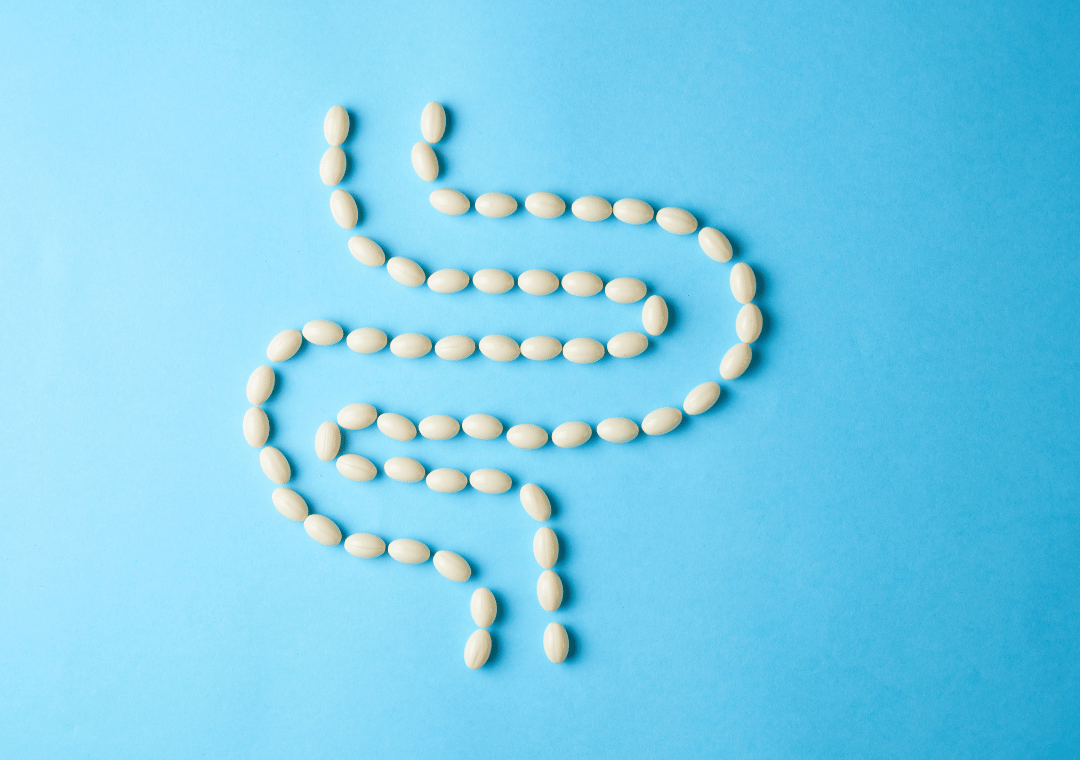
We’ve talked about probiotics, the healthy bacteria living in your body, before on the Bulletin. In your gut, these beneficial microorganisms aid digestion, absorb nutrients, produce vitamins, reduce inflammation, boost your immune system, and more. Probiotics also fight and keep any harmful bacteria at bay, which can help with diarrhea and irritable bowel syndrome (IBS).
Despite the popularity of probiotics in the health world, there’s been little talk of the food that fuels them. Prebiotics, spelled deceptively similar to probiotics (catch that ‘e’?), are a lesser-known yet big part of the equation. To give prebiotics the spotlight they deserve, we spoke with Dr. James Wang, a naturopathic doctor at San Francisco-based Radiant Health, to explain the what, why, and how of prebiotics—the probiotics’ little sister.
For probiotics to work, you need prebiotics
“‘Prebiotics’ is a relatively new term that describes a type of fiber found in plants,” explains Wang, who has over 13 years of experience. “When you ingest prebiotics through food, they aren’t fully digested by the body. They travel all the way to your large intestines, where they become food for probiotics.”
Wang explains that prebiotics feed and sustain the probiotics in your gut so they can live and help you stay well—AKA reap the aforementioned benefits. In other words, probiotics (bacteria) eat prebiotics (fiber) for energy. If probiotics were a car, prebiotics would be the gas. Wang adds, “You need both probiotics and prebiotics, as one supports the other to support you.”
Since prebiotics are a type of fiber, Wang notes that they can also lower inflammation and improve stool transit time.
How to increase your prebiotic intake
Before you run out to Whole Foods to purchase a prebiotic supplement to accompany your bottle of probiotics (which is an option, if you want to go this route OR note that all BINTO probiotics come with prebiotics built in), keep in mind that you can consume prebiotics from a wide variety of foods. “If you are eating plenty of vegetables like onions, dandelion greens, garlic, leeks, asparagus, you shouldn’t need to supplement with prebiotics,” says Wang. “Pickled vegetables like kimchi have both probiotic bacteria and prebiotic fiber, so you get both in one food.”
We’re all about multi-tasking foods. One word of caution from Dr. Wang, though: “Some patients with irritable bowel syndrome (IBS) or Small Intestinal Bacterial Overgrowth (SIBO) should use caution when eating prebiotics, as it may exacerbate symptoms. Check with a medical professional before changing up your diet or supplement routine.”
Next time you hear someone singing the well-deserved praises of probiotics, give their hardworking little sis a shout-out, too.
Written by English Taylor. Women's health freelance writer and editor. English went to the University of Virginia undergrad and Northwestern for graduate school. She currently lives in the bay area but hails from Nashville (one of our favorite places!).

